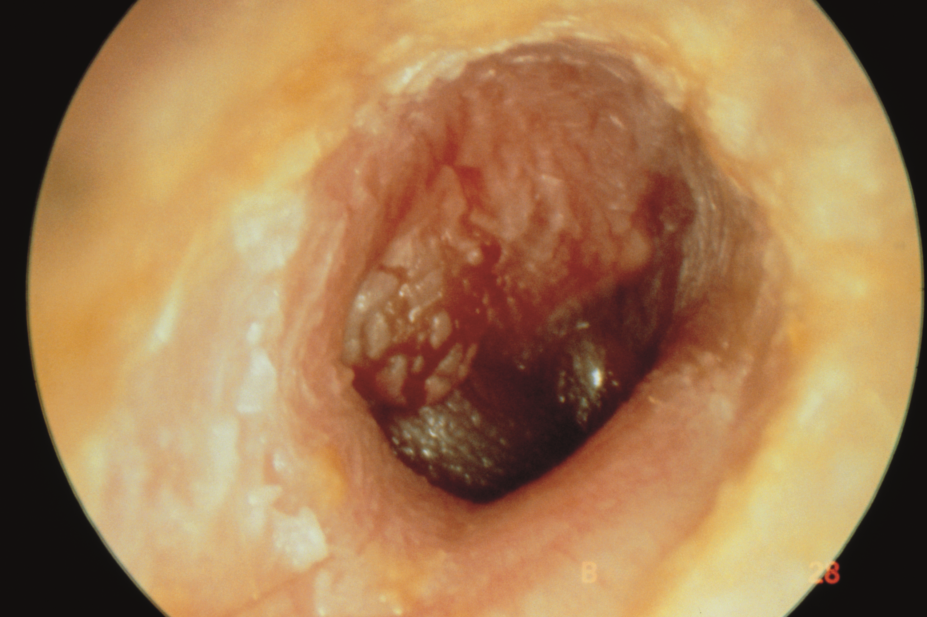
Science Photo Library
A potential strategy to reduce antimicrobial resistance associated with acute otitis media treatment is to shorten antibiotic treatment duration, but it is unclear what effect this has on outcomes.
In a study in The New England Journal of Medicine
[1]
(online, 22 December 2016), researchers randomly assigned 520 children aged 6 to 23 months with acute otitis media to receive amoxicillin-clavulanate for the standard 10 days, or for 5 days followed by 5 days placebo.
They found that the rate of clinical failure was 34% in children who received the reduced duration treatment compared with 16% for the standard duration treatment. Meanwhile, rates of recurrence of acute otitis media, adverse events and detection of penicillin-resistant pathogens were similar between the two groups.
The team say that not only did their results fail to show non-inferiority of reduced-duration treatment, as per the study protocol, but demonstrated superiority of the standard-duration treatment.
References
[1] Hoberman A, Paradise JL, Rockette HE et al. Shortened antimicrobial treatment for acute otitis media in young children. NEJM 2016;375:2446-2456. doi: 10.1056/NEJMoa1606043


